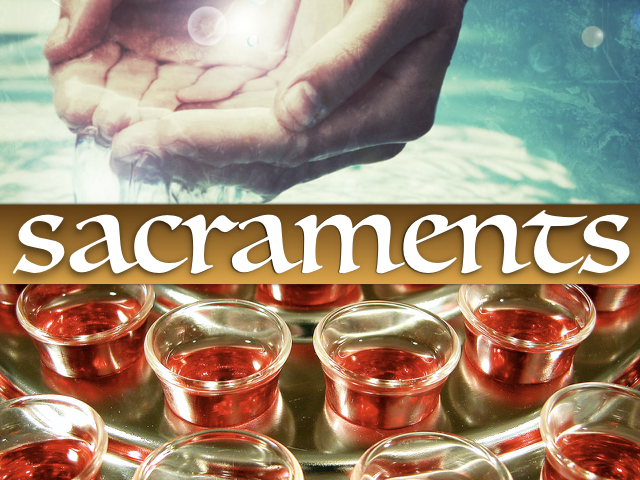
1 Corinthians 7.10-17.
When I was growing up, both Mom and my pastors taught us kids we shouldn’t date non-Christians. Because, God forbid, you were gonna fall in love with them, marry them, and now you were gonna have perpetual disagreements with your pagan spouse about religion. Then we’d have kids, and she’d of course object to me wanting to raise ’em Christian. Then she’d let the Jehovah’s Witnesses talk to her some morning, join them, and now I’d have to deal with all the heretic garbage they taught her. Or pick some other worst-case scenario; just imagine your spouse turns into a massive jerk… and presume you somehow won’t turn into one too.
Done? Good. I myself didn’t need to imagine any worst-case scenarios, ’cause I grew up with a Christian mom and an atheist dad, so I knew exactly what that looked like. Dad didn’t forbid us kids from going to church with Mom and becoming Christians, but he certainly wasn’t thrilled about it. And he especially wasn’t thrilled whenever he did something immoral—usually theft—and his Christian kids would object, and spoil his evil fun.
In the Roman Empire, divorce was widespread, and people did it for any and every reason. So if a Roman’s spouse got mixed up in some new gnostic religion, and was suddenly spending all the family’s money on it, and our hypothetical Roman wanted nothing to do with it: Divorce! Easy-peasy. Property gets divided, and you go your way with your money. And your spouse goes to temple with all their money, and leaves temple with no money, but at least you still got all your money.
Some of this attitude leaked into Jesus’s culture, and as a result a number of Jews likewise divorced for any and every reason. And certain Pharisee rabbis let them. This, despite the LORD telling Malachi he hates divorce. Ml 2.16 NKJV The rabbis would simply find a convenient loophole which permitted divorce in this instance… and could always somehow find a way to permit divorce in every instance. Human depravity is clever like that.
When Jesus was questioned about the issue, he said nope, divorce was never God’s idea. Moses permitted it “because of your hard-heartedness,” Mt 19.8 KWL i.e. your closed-mindedness; people won’t accept any scenario where divorce isn’t an option. Indeed Jesus’s own students came to him afterwards and objected Mt 19.10 —and Jesus said yeah, not everyone’s gonna accept this teaching. Mt 19.11 People should go into marriage expecting it to be lifelong, but they just don’t. They want, “just in case,” loopholes. We all want loopholes.
So some of the first Christians figured religion oughta be one of those loopholes, right? If a Greco-Roman pagan became Christian, but her spouse was a massive Zeus worshiper and wanted to stick with Zeusery, what was she to do? Especially if he demanded she come to temple with him, and couldn’t figure out why she couldn’t worship Jesus and Zeus, just like she worshiped Athena and Zeus, or Demeter and Zeus, or Artemis and Hera and Hestia and Zeus. Why’s Jesus so exclusive? What, are you monotheist now?
So that’s the cultural background to today’s scripture—namely, how Paul and Sosthenes addressed the whole pagan-spouse problem.






